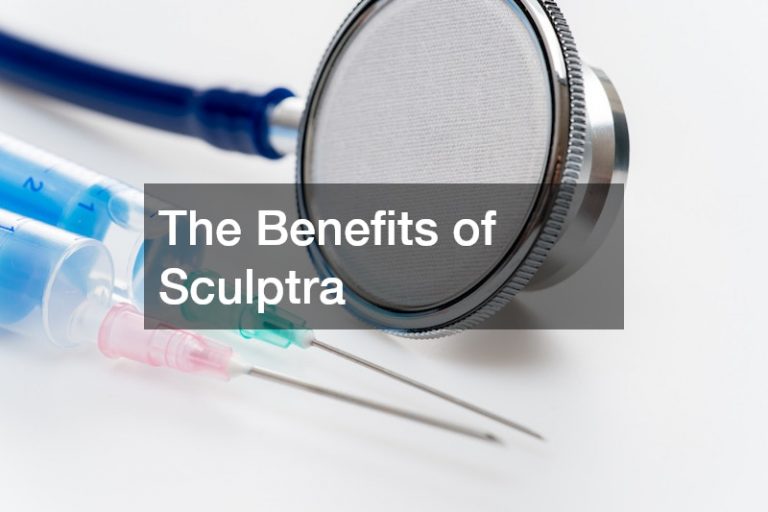Our excessive sugar consumption is no laughing matter and it does not help to sugar-coat the serious consequences to health and wellbeing. Along with obesity, diabetes Type 2 and poor heart health, excessive sugar consumption is linked to an increased risk of dental problems including dental caries and gum disease. Without the interventions of a professional dentist in Ipswich, patients may lose their natural teeth which will negatively impact their quality of life in one way or another.
Giving up sugar is not so easy to accomplish which is why one may be forgiven for equating sugar to an addictive substance. Understanding what some of the challenges are in giving up sugar may shed some light on how to tackle them more effectively.
Why is the battle with cutting out sugar so complex?
Very few threats to health in the modern age are as complicated as our sugar addiction. Unlike many other substances that reduce quality of life and put physical and psychosocial health at risk, sugar is normalised in society. We use sugar as a means to reward ourselves and others, to celebrate and entertain and even as a parenting technique to placate children.
It is no wonder then that research study after research study finds that our sugar intake far exceeds that recommended by the NHS of 30g of free sugars for adults per day.
Obesity in the UK is a growing concern as it is elsewhere around the globe. A recent Statistics on Obesity, Physical Activity and Diet, England points out that a large percentage of adults are obese: 67 percent for men and 60 percent for women and with similar concerns regarding children.
Common challenges when cutting out sugar

Not understanding the different types of sugars in foods
Sugar comes in a variety of forms: there are natural sugars such as in fruits (fructose), honey and vegetables (glucose) and milk (lactose) as well as added or free sugars including table sugars (sucrose). There are other types as well used in the manufacture of foods and beverages such as maltose, xylose and a variety of sweeteners.
The problem comes in when one is not able to identify ingredients as sugars which only makes it harder to avoid them.
Manufacturers need to get on board
Unless food manufacturers are urged to reconsider the amount of sugar they add in the food manufacturing process, consumers will continue to struggle to curb their sugar intake. Another challenge is accurate food labelling on packaging. Consumers need to trust that all ingredients and their corresponding amounts are accurate so that they know just what is contained in the foods they buy.
Sugar is in everything we do
Whether it is celebrating a birth, wedding, paying respect to a departed loved one, observing a religious festival or marking a momentous occasion, there is the presence of sugar attached to it. It is so ingrained in society, the idea that there must be sugar to distinguish a joyous occasion.
While it may be a challenge to reduce one’s sugar consumption, it is still a worthwhile objective to live a healthier, happier and longer life. It may not be practical to avoid all sugar (particularly natural sugars) but there are definite benefits to reducing the amount of free or added sugars consumed.






